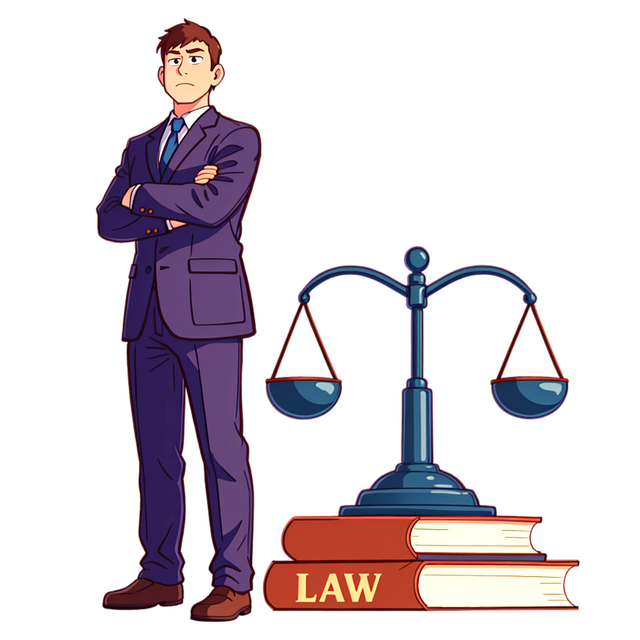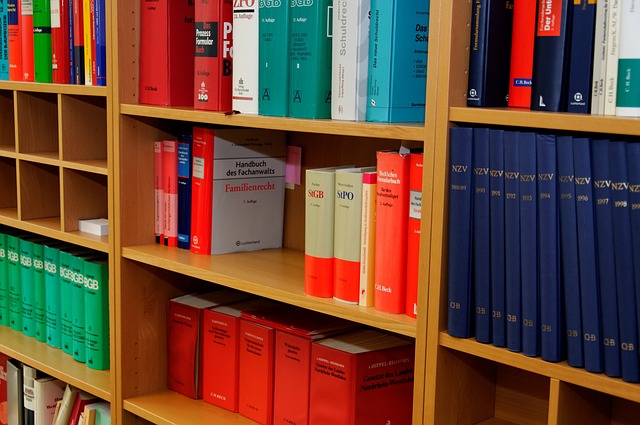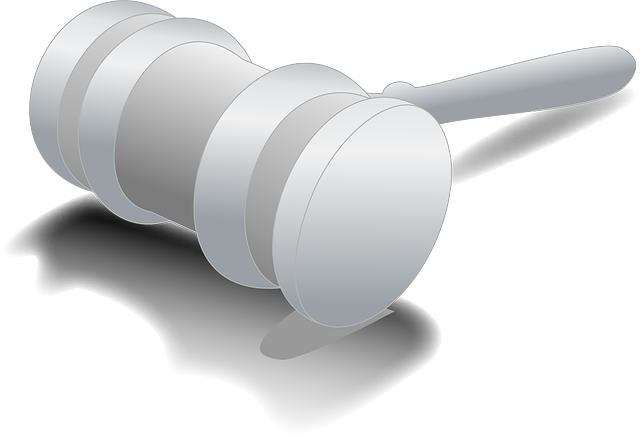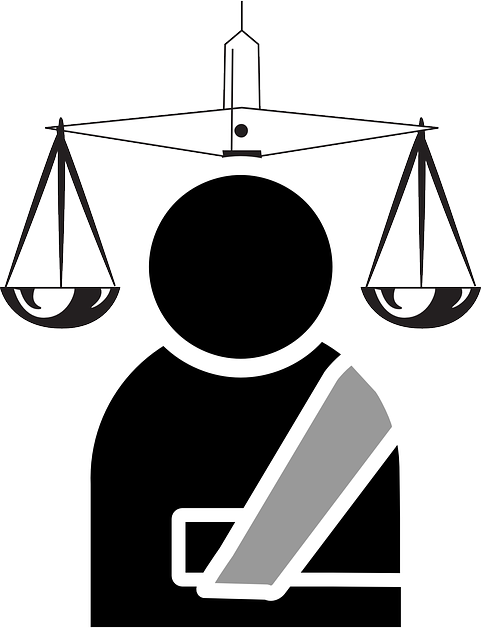Contempt of court cases address non-compliance and obstruction of legal processes, emphasizing adherence to laws and regulations for societal fairness. Legal experts guide parties through complex aspects, ensuring accurate documentation and informed decision-making. Strategic communication, case management software, and early attorney consultation are vital. Specialized legal arguments and expert testimony significantly impact outcomes in these cases.
“In the intricate landscape of legal disputes, expertise in contempt of court proceedings is a vital asset. This article delves into the core concepts of contempt actions, exploring their multifaceted nature and impact on judicial processes. We dissect the roles of legal experts, offering insights into effective case management strategies.
From identifying common pitfalls to analyzing powerful legal arguments, this guide equips readers with knowledge. Additionally, we examine the profound influence of expert testimony on case outcomes, providing a comprehensive toolkit for navigating contempt of court cases successfully.”
- Understanding Contempt of Court Proceedings
- Roles and Responsibilities of Legal Experts
- Strategies for Effective Contempt Case Management
- Common Pitfalls and How to Avoid Them
- Legal Arguments in Contempt Cases: A Deep Dive
- The Impact of Expert Testimony on Outcomes
Understanding Contempt of Court Proceedings

Contempt of court proceedings are a serious legal matter that arises when an individual or entity fails to comply with a court order or engages in conduct that obstructs the administration of justice. These cases involve a wide range of issues, from failing to appear in court as required to willful disobedience of a judge’s orders. Understanding contempt of court is crucial for both parties involved and legal professionals alike, as it can have significant consequences, including fines, imprisonment, or even civil penalties.
In contempt of court cases, the onus lies on the petitioner or the court to demonstrate that the respondent has indeed violated a valid court order. This process involves presenting evidence and arguments before a judge who will then decide whether the alleged contemnor is guilty. The legal system takes these matters seriously as they are designed to uphold the rule of law and ensure that all parties involved in a legal dispute adhere to the established regulations, fostering a fair and just society.
Roles and Responsibilities of Legal Experts

Legal experts play a pivotal role in contempt of court cases, offering specialized knowledge and guidance. Their primary responsibility is to interpret complex legal aspects for judges and other parties involved. These experts ensure that all proceedings adhere to established laws and regulations, particularly when dealing with sensitive matters. They analyze evidence, conduct thorough research, and provide insights into previous case law related to contempt, aiding in the fair and just resolution of disputes.
In addition, legal experts assist in drafting legal documents, including affidavits and submissions, ensuring accuracy and compliance. They may also represent clients during hearings, presenting arguments and providing clarifications on legal points. Their expertise helps navigate the intricate web of rules and procedures, ultimately contributing to a well-informed decision-making process in contempt of court cases.
Strategies for Effective Contempt Case Management

Managing contempt of court cases requires a strategic and meticulous approach. One key strategy is establishing clear communication channels between all parties involved, ensuring everyone understands their roles, responsibilities, and deadlines. This includes regular case updates, prompt responses to requests, and maintaining open lines of dialogue with the judge or magistrate.
Additionally, effective case management involves thorough documentation and record-keeping. All communications, agreements, and court orders should be meticulously recorded. Utilizing case management software can streamline this process, allowing for easy access to important documents, tracking deadlines, and generating reports. This ensures transparency, accountability, and efficient navigation through the legal proceedings.
Common Pitfalls and How to Avoid Them

Many individuals facing contempt of court cases fall into common pitfalls that can weaken their position and lead to unfavorable outcomes. One major mistake is failing to understand the severity of contempt charges. These cases are not to be taken lightly, as they involve direct disobedience or disrespect towards a court’s authority. Ignoring court orders or failing to attend hearings can quickly escalate the situation.
To avoid these pitfalls, it’s crucial to seek legal counsel early on. A qualified attorney specializing in contempt proceedings can provide guidance tailored to your specific case. They will ensure you fully comprehend the charges and help prepare a robust defense strategy. Regular communication with your lawyer is essential, as they can advise on the best course of action, including potential resolutions or negotiations, thereby minimizing the risk of further legal complications.
Legal Arguments in Contempt Cases: A Deep Dive

In contempt of court cases, legal arguments play a pivotal role in determining the outcome of the proceedings. These cases often involve complex and nuanced interpretations of laws, rules, and judicial orders. Lawyers specializing in contempt must be adept at crafting persuasive arguments that align with the specific facts of each case. They delve into intricate legal precedents, analyzing past judgments to support their stance.
The process involves meticulous examination of evidence, witness testimonies, and documentary proof to build a robust defense or prosecution strategy. Effective legal arguments in contempt of court cases require a deep understanding of procedural rules, constitutional rights, and the overarching legal framework governing such matters. This specialized knowledge ensures that justice is served while adhering to the strict protocols of the judicial system.
The Impact of Expert Testimony on Outcomes

Expert testimony plays a pivotal role in shaping outcomes within contempt of court cases. When navigating complex legal issues, judges and juries rely on specialized knowledge to interpret evidence and make informed decisions. This is particularly crucial in situations where understanding intricate matters like financial forensics or scientific analyses is essential for determining guilt or innocence.
The presentation of expert testimony can significantly sway public perception and ultimately influence the course of justice. It offers a window into often hidden or nuanced aspects of a case, providing clarity where none existed before. As such, experts must be meticulous in their analysis, credible in their sources, and able to convey complex ideas coherently—ensuring that their insights enhance the judicial process rather than introduce further ambiguity.






